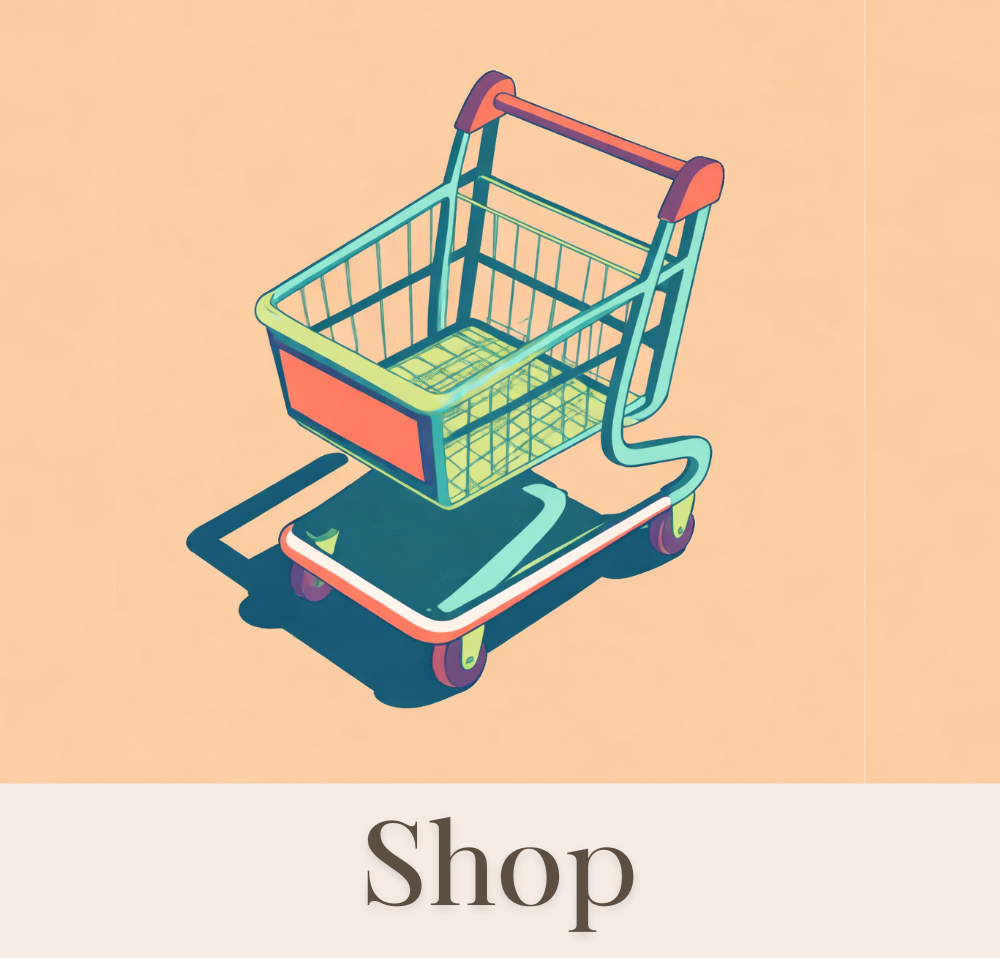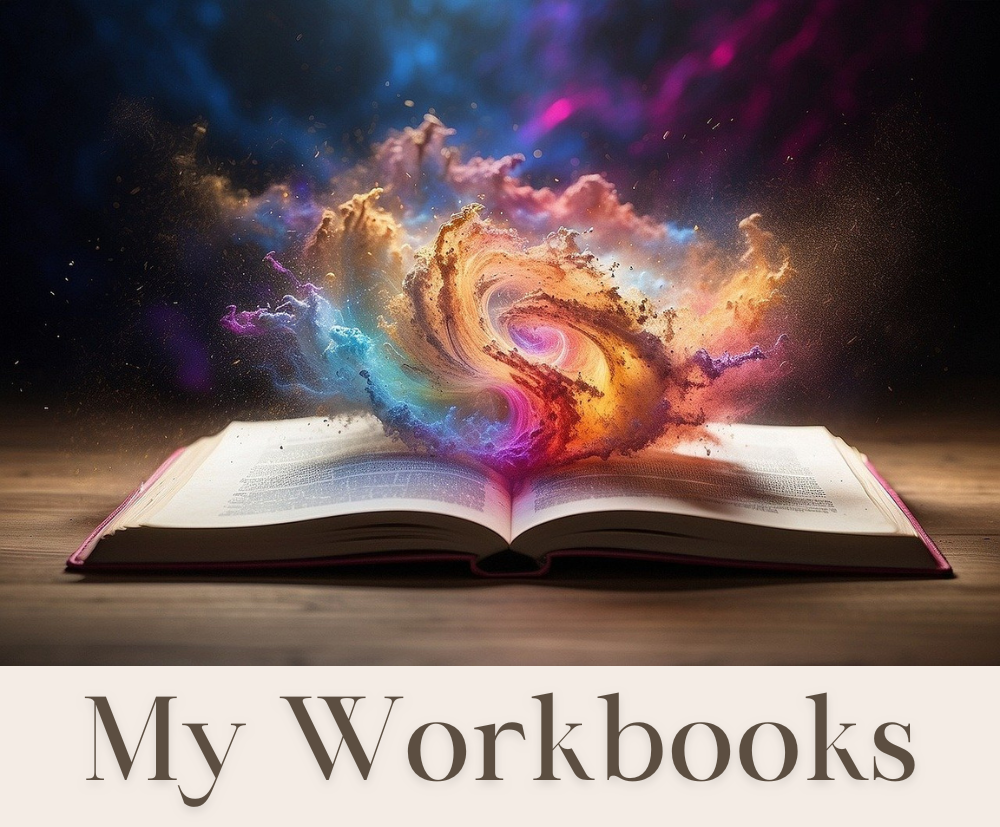15 Dangerous Lies We Tell Ourselves: Overcoming Subconscious Deception
In the intricate landscape of our minds, the stories we tell ourselves play a pivotal role in shaping our beliefs, behaviors, and overall well-being. However, not all narratives are beneficial; some can be downright detrimental to our subconscious minds. In this blog post, we will uncover 15 common lies people often tell themselves, unraveling their potential dangers to our mental health. More importantly, we'll explore how to reframe these lies for a more positive and empowering mindset.
What is the Subconscious Mind?
Our minds are like icebergs, with only a fraction visible above the surface. Beneath our conscious awareness lies the vast and powerful realm of the subconscious mind. Unlike the conscious mind, which governs our rational thought processes and deliberate actions, the subconscious mind operates below the surface, influencing our beliefs, emotions, and behaviors in profound ways.
The subconscious mind is the part of our psyche that operates beyond our conscious awareness. It serves as the storehouse for our deepest beliefs, memories, and instincts, shaping our perceptions and responses to the world around us. While the conscious mind processes information sequentially and analytically, the subconscious mind operates in parallel, effortlessly managing a myriad of tasks simultaneously.
Lie 1: "I'm not good enough."
The Danger: This lie can erode your self-esteem and confidence, creating a belief system rooted in inadequacy. It can manifest as self-doubt and fear of failure, holding you back from personal and professional growth.
Over time, it becomes a self-fulfilling prophecy as you might avoid taking risks or pursuing opportunities due to a deep-seated belief in your unworthiness.
Remember that you're a work in progress, just like everyone else. Celebrate your wins, big or small, and recognize that you're capable of achieving amazing things. You've got this!
Reframe: "I am constantly growing and learning. I acknowledge my strengths and celebrate my progress."
Lie 2: "I'll be happy when I achieve [X]."
The Danger: Linking happiness solely to external achievements sets up a conditional relationship with happiness. It breeds discontentment in the present moment, leading to a perpetual cycle of chasing after goals without finding true fulfillment.
This way of thinking can cause anxiety, stress, and always feeling like things aren't good enough because the idea of what will make you happy keeps changing.
Happiness is not only at the end; it's in each step of the way. Take a moment to enjoy where you are and find joy in the small things along the way. Your happiness is important and begins here and now.
Reframe: "I find joy in the present moment and appreciate the journey toward my goals. Happiness is a choice I make every day."
Lie 3: "I can't change."
The Danger: Believing in a fixed identity limits personal growth and development. It creates a sense of resignation and helplessness, preventing you from embracing new opportunities and overcoming challenges.
This lie reinforces a fixed mindset, where challenges are perceived as threats rather than growth opportunities, leading to stagnation and missed potential.
Let me remind you that change is not only possible but also inevitable. Enjoy the process of growth and transformation, one step at a time. You've already come so far, and there's endless potential within you to keep evolving.
Reframe: "I am capable of growth and transformation. Change is within my power, and I embrace it with open arms."
Lie 4: "Others' opinions define me."
The Danger: Allowing external validation to dictate self-worth relinquishes control over your identity and happiness. It breeds insecurity and self-doubt, as you constantly seek approval from others to validate your worth.
This dependence on external validation can lead to anxiety, as you fear rejection or criticism, and may compromise your authenticity to fit societal expectations.
Your worth isn't determined by what others think of you. You're unique and valuable just as you are. Trust in yourself and your intuition, regardless of others' perceptions.
Reframe: "I define my own worth. I trust in my values and beliefs, and I am true to myself."
Lie 5: "I don't have time for self-care."
The Danger: Neglecting self-care leads to physical, emotional, and mental exhaustion. It perpetuates the myth of productivity at the expense of well-being, ultimately resulting in burnout and decreased resilience.
Without prioritizing self-care, you become more susceptible to stress-related illnesses, decreased productivity, and lower overall quality of life.
Self-care isn't selfish; it's necessary for your well-being. Even if it's just a few moments each day, prioritize yourself. You deserve that time to recharge and nurture your mind, body, and soul.
Reframe: "Self-care is a priority in my life. I carve out time for activities that nourish my mind, body, and soul."
Lie 6: "I'll start tomorrow."
The Danger: Procrastination undermines productivity and erodes self-discipline. It creates a pattern of delay and avoidance, where tasks and goals are continuously pushed aside for a later date.
This perpetuates feelings of guilt, frustration, and overwhelm, as you struggle to meet deadlines and fulfill your commitments. Procrastination also reinforces a negative self-image, as you perceive yourself as lazy or incompetent.
Why wait for tomorrow when you can start today? Every small step you take adds up to big progress. You've got the power to make positive changes in your life, starting right now. Let's do this!
Reframe: "There's no time like the present. I take action today, even if it's small steps toward my goals."
Lie 7: "I'm too old/young for [X]."
The Danger: Believing in age-related limitations stifles personal growth and exploration. It creates self-imposed barriers based on arbitrary societal norms, limiting your' potential and opportunities for fulfillment.
This mindset fosters regret and missed experiences, as you deny yourself the chance to pursue your passions or try new things based on age-related stereotypes.
Whether you're young or young at heart, there's no limit to what you can achieve. Embrace your curiosity and explore new adventures, regardless of your age. You're never too old or too young to chase your dreams!
Reframe: "Age is just a number. I embrace opportunities and pursue my passions regardless of my age."
Lie 8: "I should always be happy."
The Danger: Suppressing negative emotions undermines emotional authenticity and resilience. It creates a facade of happiness that masks genuine feelings, leading to a disconnect between internal experiences and external expressions.
This suppression can result in heightened stress levels, anxiety, and depression, as you internalize your struggles and deny yourself the opportunity to seek support and healing.
It's okay not to be happy sometimes. Emotions are part of what makes us human. Remember to give yourself permission to feel all the feels, the good and the not-so-good. You're doing great just by being you.
Reframe: "It's okay to feel a range of emotions. I accept and honor my feelings, knowing that they are a natural part of life."
Lie 9: "I can do it all alone."
The Danger: Believing in self-sufficiency isolates you and hinders connection and collaboration. It fosters a sense of pride and independence that prevents you from seeking help or support when needed.
This self-imposed isolation can lead to feelings of loneliness, overwhelm, and burnout, as you bear the weight of your challenges alone without the benefit of shared experiences or perspectives.
We all need a little help sometimes. Don't be afraid to reach out and lean on your support system. You've got a tribe of people rooting for you! Together, we're stronger.
Reframe: "I value connection and collaboration. I seek support when needed and build meaningful relationships along the way."
Lie 10: "I must be perfect."
The Danger: Striving for perfection sets unrealistic standards and perpetuates fear of failure. It creates a constant state of pressure and anxiety, as you obsess over every detail and fear making mistakes.
This fear of failure can paralyze you, preventing you from taking risks or pursuing your goals for fear of falling short of perfection. It also undermines self-esteem, as you equate your worth with the ability to meet unattainable standards.
Perfection is overrated, don't you think? Embrace your imperfections; they're what make you beautifully human. Remember, it's progress, not perfection, that truly matters. Keep being authentically you!
Reframe: "I embrace my imperfections and learn from my mistakes. Progress, not perfection, is my mantra."
Lie 11: "I'm too busy to learn something new."
The Danger: Prioritizing busyness over learning stifles personal and professional development. It creates a stagnant mindset where you become complacent and resistant to change.
This mindset limits growth opportunities and hinders adaptability in an ever-changing world. By neglecting learning, you miss out on valuable experiences and insights that could enrich your life.
Life's too short to stop learning. Even during your busy schedule, carve out a little time to feed your curiosity and expand your horizons. You'll be amazed at how much growth and joy it brings into your life.
Reframe: "Learning is a lifelong journey. I make time to expand my knowledge and skills, even amid a busy schedule."
Lie 12: "Money equals happiness."
The Danger: Equating happiness with material wealth perpetuates a cycle of consumerism and dissatisfaction. It fosters a mindset of scarcity, where you’re constantly striving for more possessions or wealth in search of happiness.
This pursuit can lead to financial stress, as you prioritize material gain over financial stability and long-term well-being. It also overlooks the importance of non-material sources of happiness, such as relationships, personal growth, and experiences.
While money can make life easier in some ways, true happiness comes from the richness of experiences, relationships, and personal growth. Don't get caught up in the pursuit of wealth; focus on what truly brings you joy and fulfillment.
Reframe: "True happiness comes from experiences, relationships, and personal growth. I prioritize these aspects of life alongside financial success."
Lie 13: "I'll be more confident when I lose weight."
The Danger: Linking confidence to physical appearance perpetuates body dissatisfaction and self-esteem issues. It creates an unattainable standard of beauty that undermines your' self-worth and self-acceptance.
This mindset can lead to disordered eating habits, low self-esteem, and body image issues, as you strive to conform to societal ideals of beauty at the expense of your mental and physical health.
Confidence isn't about your weight. It's about accepting and caring for yourself as you are. Your value comes from who you are, not how you look. You are beautiful inside and out, just as you are.
Reframe: "Confidence comes from within. I appreciate and love my body at every stage of my journey."
Lie 14: "I should always put others first."
The Danger: Prioritizing others' needs over your own leads to self-neglect and resentment. It fosters a pattern of codependency where you sacrifice your own well-being for the sake of others.
This can lead to feelings of burnout, frustration, and resentment, as you neglect your own needs and desires in favor of meeting others' expectations. It also undermines healthy boundaries and self-care practices, as you struggle to assert your own needs and priorities.
Taking care of yourself isn't selfish; it's necessary. You can't pour from an empty cup, so make sure to prioritize your own well-being too. By honoring your needs, you'll be better equipped to show up for others in a more authentic and meaningful way.
Reframe: "I honor my own needs and set healthy boundaries. By caring for myself, I can better support others."
Lie 15: "I don't deserve success."
The Danger: Believing in unworthiness sabotages opportunities for growth and achievement. It creates a self-imposed barrier to success, where you undermine your own efforts and downplay your accomplishments.
This mindset fosters imposter syndrome and self-doubt, as you fear being exposed as fraud or undeserving of your achievements. It also prevents you from fully embracing your potential and pursuing your goals with confidence and conviction.
Success isn't reserved for a select few; it's within reach for anyone who's willing to work for it. You've put in the effort, you've overcome obstacles, and you've grown along the way. You absolutely deserve to reap the rewards of your hard work and dedication. Own your success; you've earned it!
Reframe: "I am worthy of success and fulfillment. I celebrate my achievements and continue to strive for greatness."
Final Thoughts
You're not alone in facing these lies. We're all navigating our way through them, one day at a time. Keep challenging those negative thoughts, and remember how truly amazing you are.
Our subconscious mind is a powerful influencer on our overall well-being. By identifying and reframing these 15 dangerous lies, you achieve a healthier mindset and a more satisfying life.
How have you overcome these lies, and what strategies have worked for you?
Share your thoughts and experiences in the comments below.
Take care,
-Emilia ♡











Why December hits so hard—think mental overload, holiday stress, and emotional burnout. Learn to reset, protect your energy, and step into the new year without running on empty.